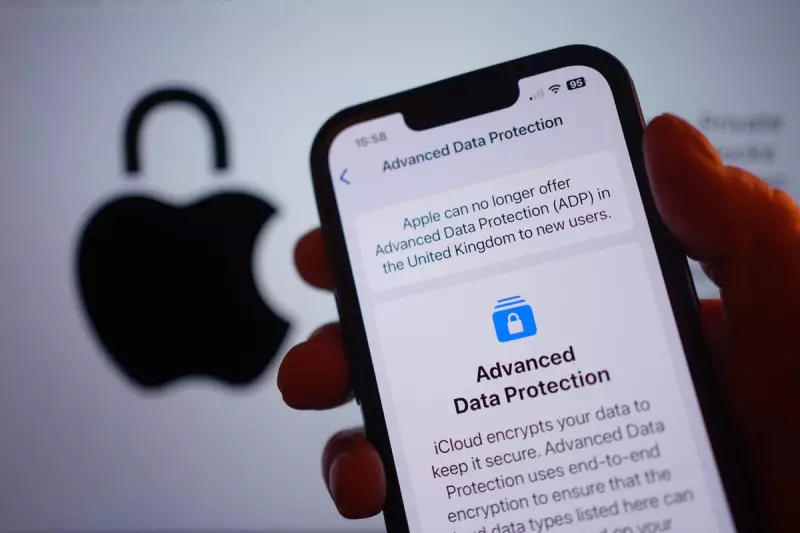
Tech giant Apple has issued a blistering condemnation of the UK government's new surveillance powers, branding a controversial clause within the Online Safety Act a "serious and direct threat to data security and fundamental privacy rights."
The incendiary criticism, delivered in a nine-page response to a government consultation, takes aim at a so-called "secret veto" power that would allow the Home Office to disable security features like end-to-end encryption without public knowledge or oversight.
A Global Threat to Privacy
Apple's warning is stark: the act does not limit the use of these powers to UK users alone. The company argues that if compelled to weaken security for Britain, it could be forced to undermine the privacy of every iPhone user on the planet.
"This could empower the UK to attempt to secretly veto new user protections globally, preventing us from ever offering them to customers," the response states. The move would effectively make the British government the de facto arbiter of data security for billions.
The 'Spy Clause' Backlash
The provision, dubbed the "spy clause" by critics, has ignited a firestorm of opposition from tech firms, security experts, and civil liberties groups. Former Brexit secretary David Davis MP has been a vocal opponent, previously warning the powers were "almost certainly illegal" and could be exploited by authoritarian regimes.
Apple's intervention is particularly significant due to its market-leading position and its longstanding public stance on privacy as a fundamental human right. The company emphasises that it would outright refuse to build a "backdoor" into its encryption, even if ordered to do so.
A Chilling Effect on Innovation
Beyond the immediate privacy concerns, Apple warns the legislation will have a severe chilling effect on technological innovation. The threat of a secret government order, the company argues, would force it to publicly delay or cancel new security features to avoid tipping off the Home Office, leaving all users vulnerable for longer.
This puts the UK on a direct collision course with its closest allies, particularly the European Union, whose laws strongly protect encryption as a cornerstone of digital security.





